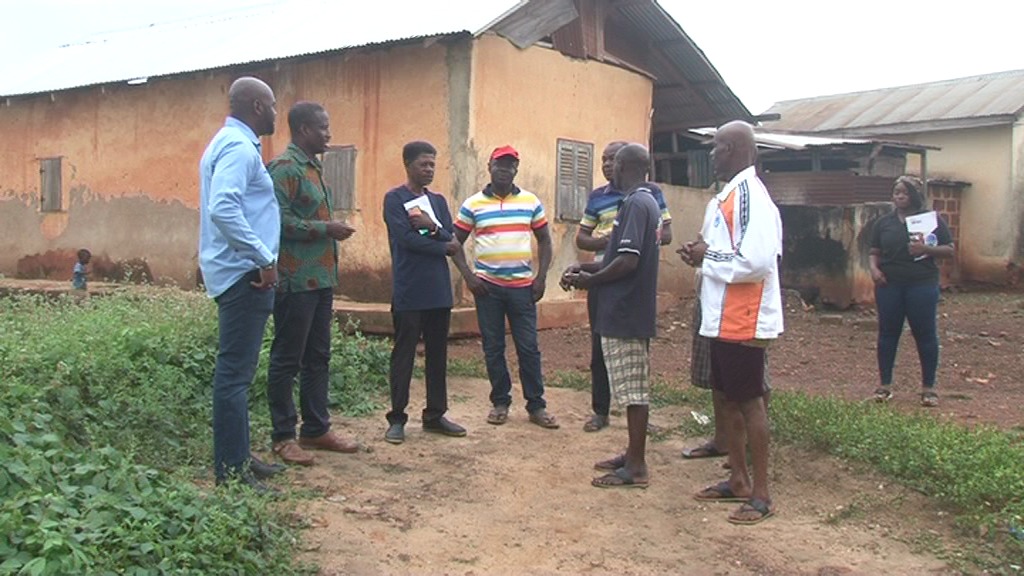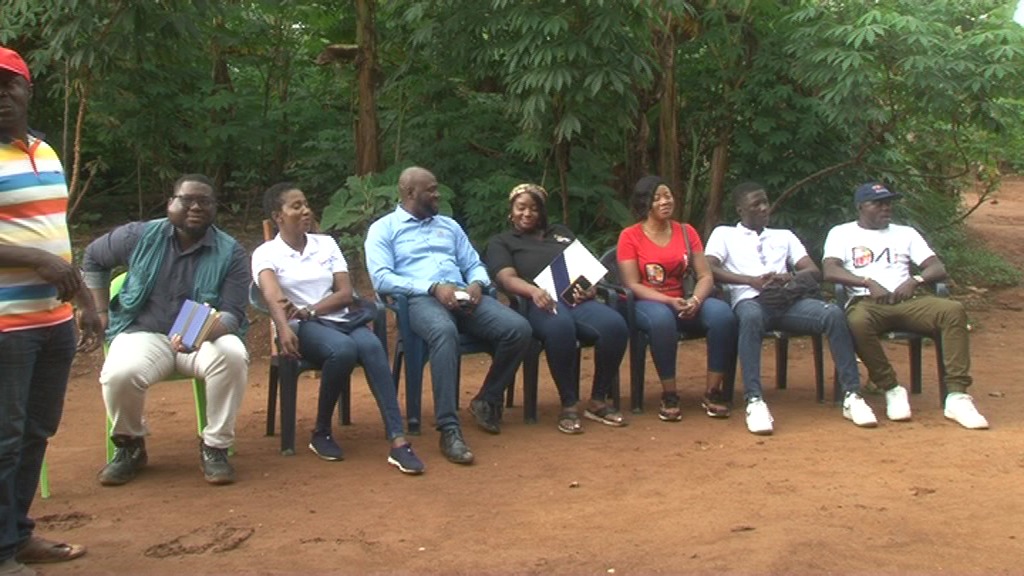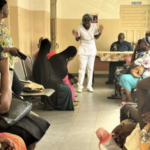The Ghana Investment Fund for Electronic Communications (GIFEC) has concluded a land acquisition process for the expansion of its Rural Telephony and Digital Inclusion Projects in parts of the Kwahu District in the Eastern Region.
This is aimed at extending data and voice services to parts of the region where network connectivity has become a challenge.
Chief Executive of GIFEC, Prince Sefah, told Journalists after inspecting some of the project sites at Kwahu South District that it is hoping to cover about 98% of the rural underserved areas before the end of the project.
GIFEC, since its establishment in 2004, has provided innovative solutions to ensure Universal Access and Digital Inclusion in the remotest parts of the country.
“Our flagship Rural Connectivity Programme which constitutes our biggest investment, ensures the facilitation and provision of telecommunications infrastructure to communities which are considered unserved or underserved. These are relatively small communities with low economic viability, hence the inability of Mobile Network Operators (MNOs) to extend their services. Since 2017, the success of this programme has been hinged on our strategic collaboration with industry partners; Huawei and the MNOs, which enabled the building of 400 sites within two years, with the innovative Rural Star Technology,” he said.

The new community projects will use the Rural Star, which was specifically developed for Ghana by Huawei with a 60% cost savings on the traditional mast and ensures efficiency.
Building on the successes of this partnership and innovation, the Government of Ghana in 2019 provided funding for the establishment of 2,016 rural sites in order to ensure 95% mobile network coverage in Ghana.
“We are hoping to add more communities, so that we can complete coverage of 98% which is above the target in order for all rural folks to benefit from the ongoing digitalisation agenda by the government.
Although slightly delayed by the COVID-19 Pandemic, the project, since it commenced in 2020, has chalked some remarkable milestones in its implementation”, Mr. Sefah added.

The inspection to the Kwahu South and East involved community engagement and the acquisition of suitable land for the construction of the project site, following a drive test to confirm the viability of the communities.
For the current batch, acquisition is being made for 82 communities.
The exercise is also being conducted in the Central, Western, Western North, Eastern, Ashanti, Volta, Oti and Northern Regions.
The beneficiary communities include Adunkwaa & Osubeng in the Kwahu South and also Onyemso & Ahantanan in the Kwahu East.




